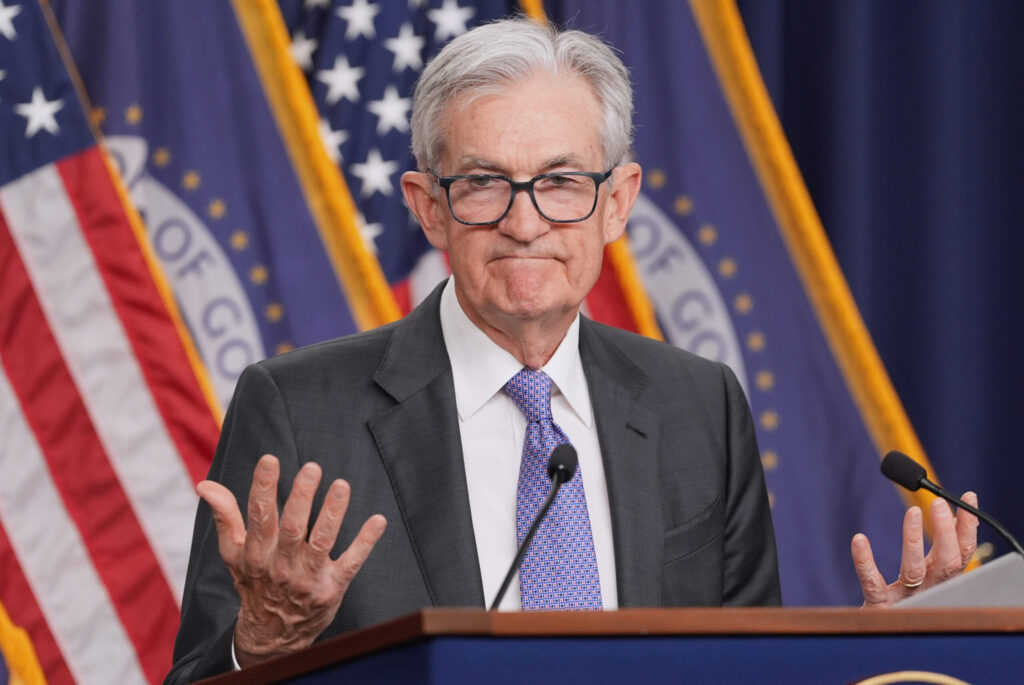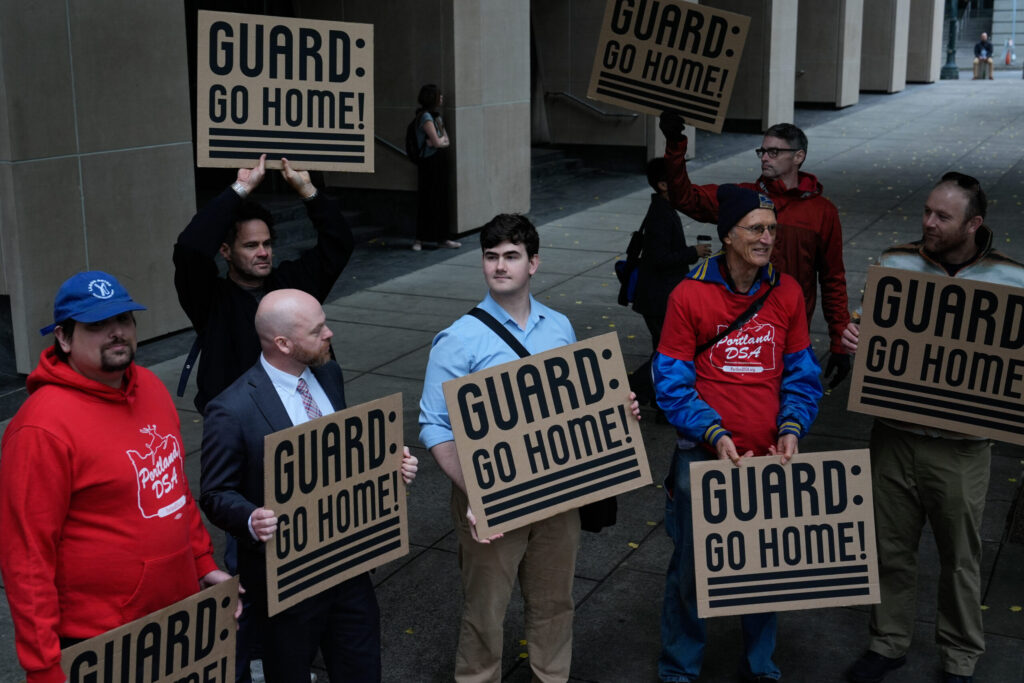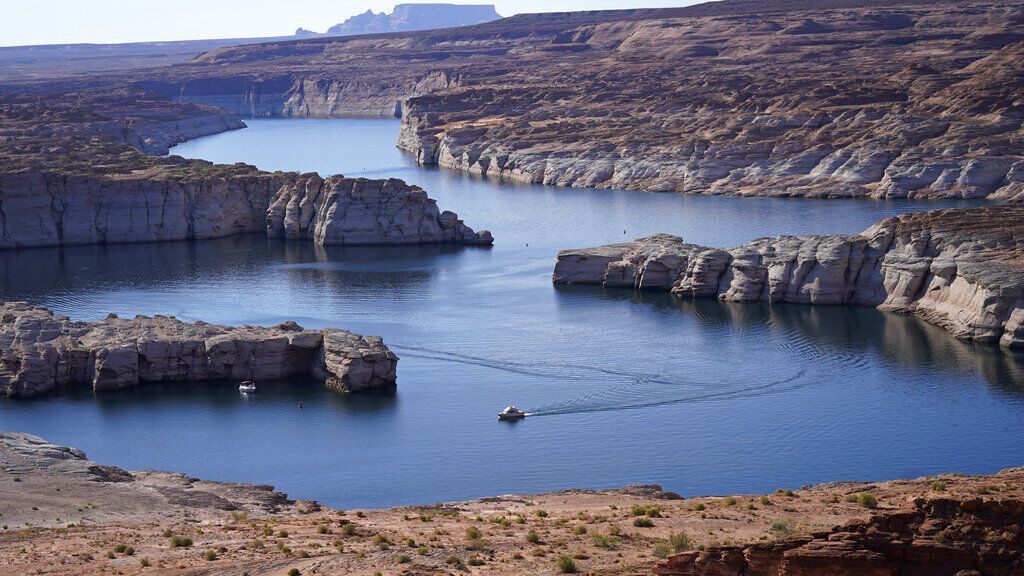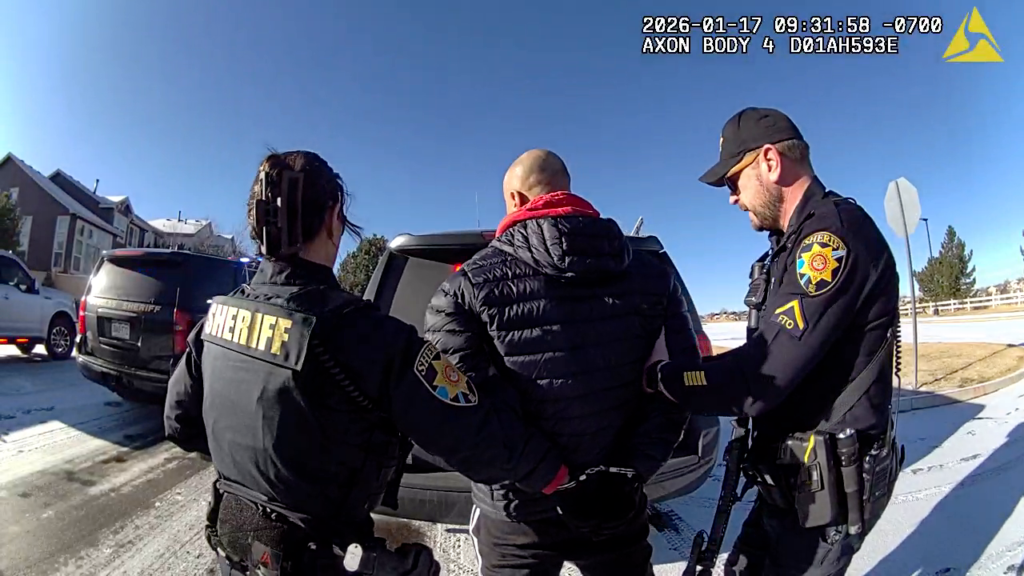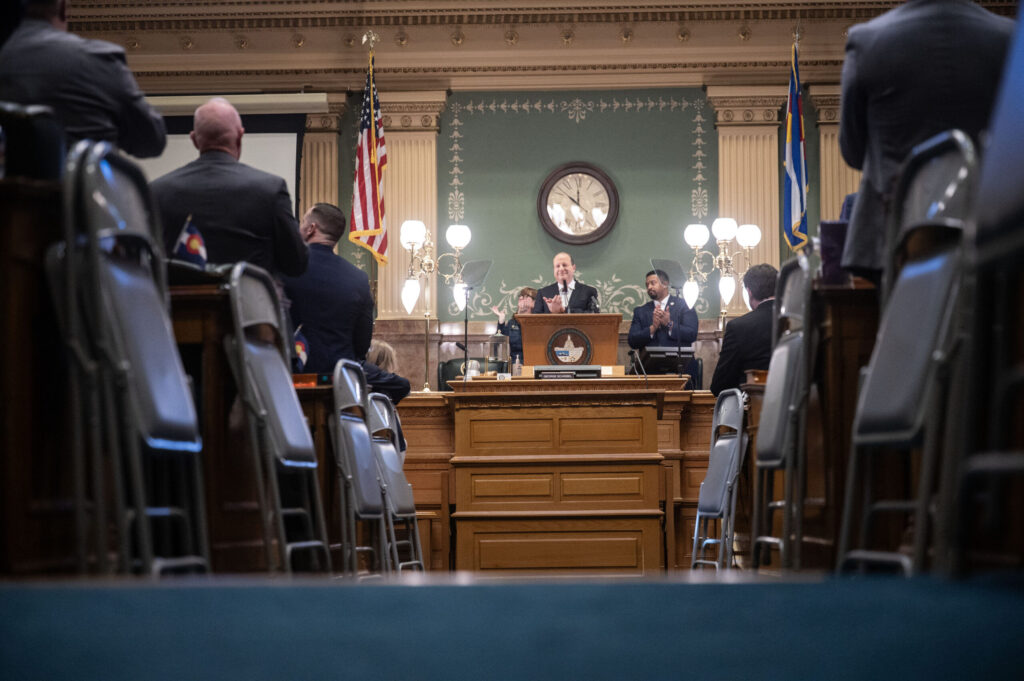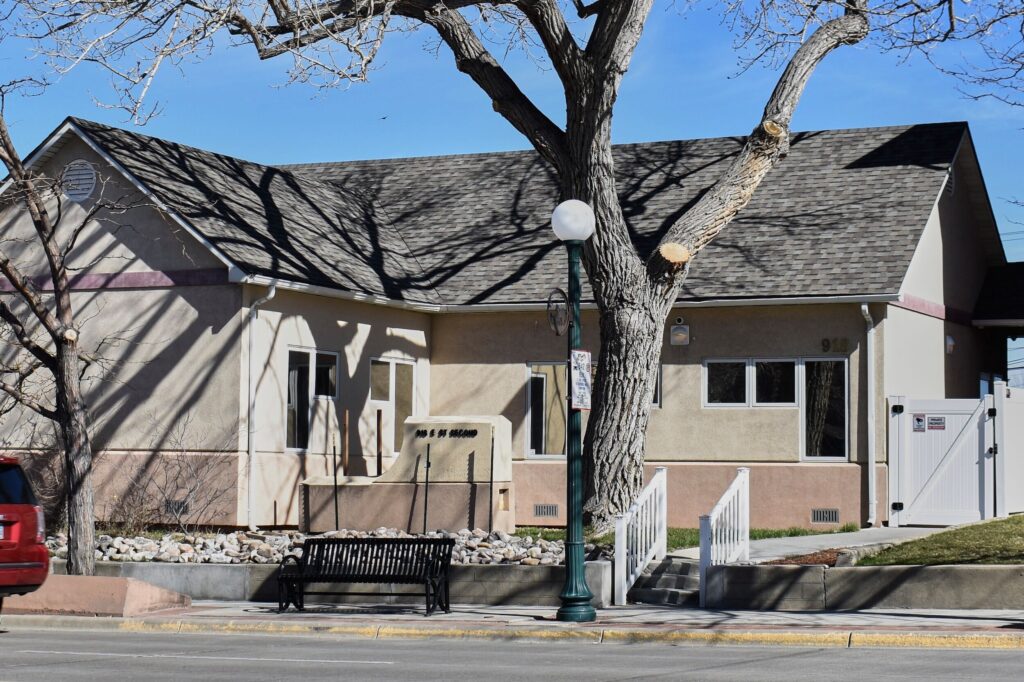State assisting Colorado’s Ute tribes to provide social services
Reggie Bicha has been talking to tribal leaders about how the state of Colorado can be an ally to the Ute nation to provide needed social services to tribal members in the state.
Bicha, executive director of the Colorado Department of Human Services, and other state agency leaders met with representatives from the Ute Mountain Ute, the Southern Ute, the Colorado Commission of Indian Affairs and other local leaders in Towaoc this month.
The meeting included what DHS called crucial talks on funding for child welfare, behavioral health services, early childhood initiatives, food security and adult and aging services.
“Our strong partnership with the tribes in Colorado is essential to maintaining respect and continued collaboration between our governments,” Bicha said in a statement. “These important conversations reflect the significant achievements of our ongoing work on improving child welfare, increasing economic security, and developing the lasting relationships that help foster a friendship between our people that will endure for generations.”
DHS has been working on such collaborations with the state’s two remaining tribal nation holdings since 2011, as annual meetings bolstered the effort.
As a result DHS has worked on funding for tribal programs and offered training on a variety of programs to tribal staff. DHS cited child welfare and adult protections, preventing domestic violence and responding to mental health crises.
Kermit Palmer, executive director of the Ute Mountain Ute Tribe, said the collaboration has benefitted from DHS’s help by identifying money and resources for needed programs.
“While even the best partnerships face challenges from time to time, our differences are relatively few in the context of the number areas the Ute Mountain Ute Tribe has identified as needs,” Palmer said in a statement.
Clement Frost, chairman of the Southern Ute Indian Tribe, said, “The tribe values the important relationship with the Colorado Department of Human Services. Both governments recognize the priority to develop and strengthen resources designed to protect Native American children.”



